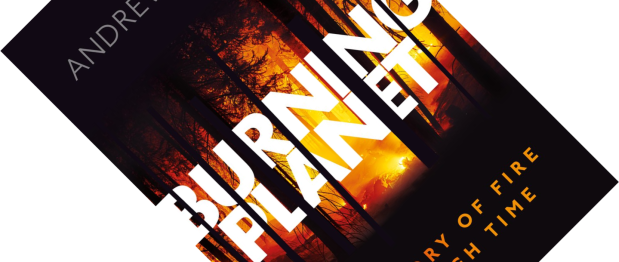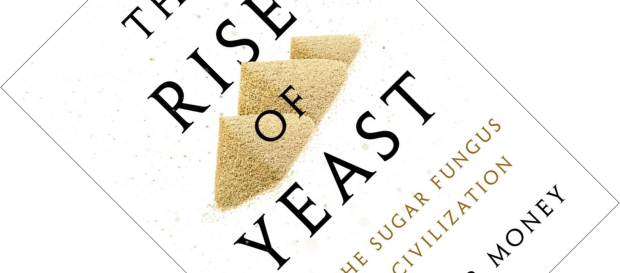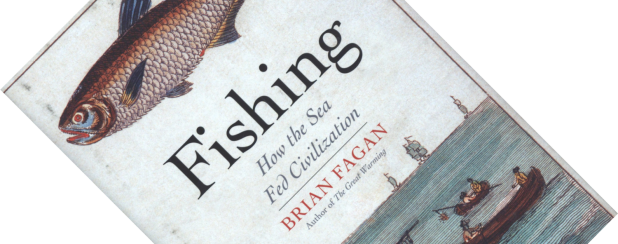So, stop me if you’ve heard this one before, but it is often said that we know more about the moon than we do about our own oceans. However, palaeo-oceanographer and climate scientist Eelco J. Rohling points out we know more than you might think. His new book, The Oceans: A Deep History, takes the reader through a 4.4-billion-year history of Earth’s oceans. Much more than just a book about water, this is foremost a book about the intimate link between our planet’s climate and its oceans, as they are far more intertwined than you might give them credit for.
environmental history
Book review – Burning Planet: The Story of Fire Through Time
Fire is a force of nature that both fascinates and frightens. Large wildfires around the world seem to be on the rise and are a cause of concern due to the risk to lives and property. But fire also is an essential part of the workings of our planet that pre-dates humans by a long time. How long? For the last 40 years, geologist and palaeobotanist Andrew C. Scott has researched plant remains in the fossil record that have been preserved by fire in the form of fossil charcoal. In Burning Planet, he takes you on a 400-million-year deep-history tour of fire and how it has shaped our planet.
Book review – The Rise of Yeast: How the Sugar Fungus Shaped Civilisation
From the Giza-pyramid-complex-shaped mountains of dried yeast, to the visual joke on the spine (I see what you did there), The Rise of Yeast is an amusing read about fungus. In case you find that hard to believe, Nicholas P. Money, mycologist and professor of Botany, has been waxing lyrically about micro-organisms for years. Here, he highlights the humble yeast and how it has shaped human history. For without yeast there would be neither bread nor booze.
Book review – Fishing: How the Sea Fed Civilization
Brian Fagan is a celebrated archaeologist and author who has written many books on the topic of environmental history. Several of these sit on my shelves, though I admit this is the first book by his hand that I have read. With Fishing, Fagan presents a deep history of fishing from the time of our human ancestors up to the present day, highlighting its overlooked role in the history of human civilization. His story spans the globe and pieces together a fragmented and complicated puzzle.
Book review – The Fate of Rome: Climate, Disease, & the End of an Empire
Somewhere in chapter 2, Kyle Harper remarks how historians have become unintentional beneficiaries of ongoing climate change, as scientists turn to palaeoclimatic records such as ice cores, tree rings, and sediments to understand fluctuations in earth’s climate. This bonanza of data allows historians a new way to look at past events. And thus was born the discipline of environmental history, which emphasizes the active role the natural environment can have on human affairs. In The Fate of Rome, Kyle Harper looks at one of those defining moments in human history, the decline and fall of the Roman empire, and the role of climate change and pandemics.





